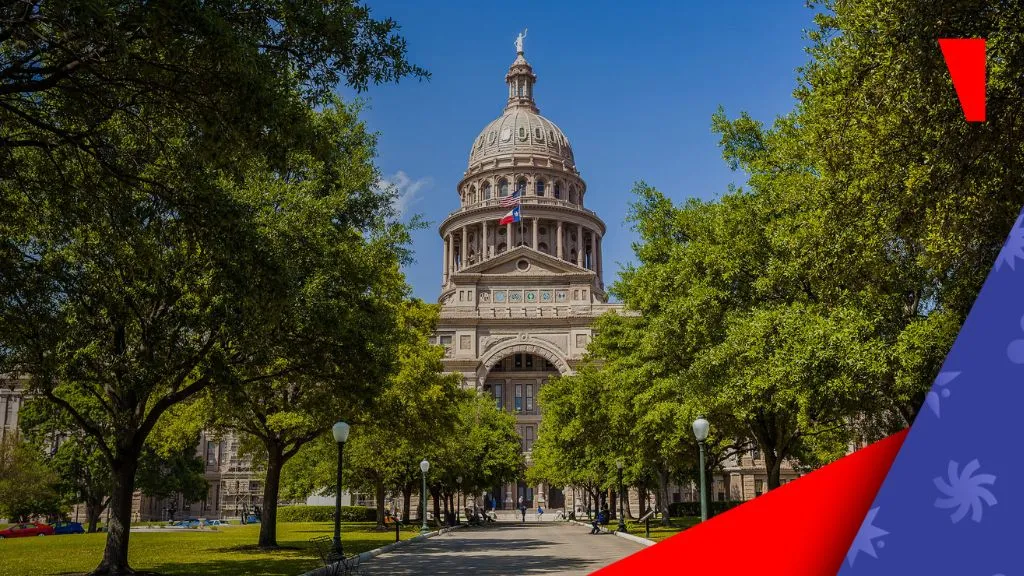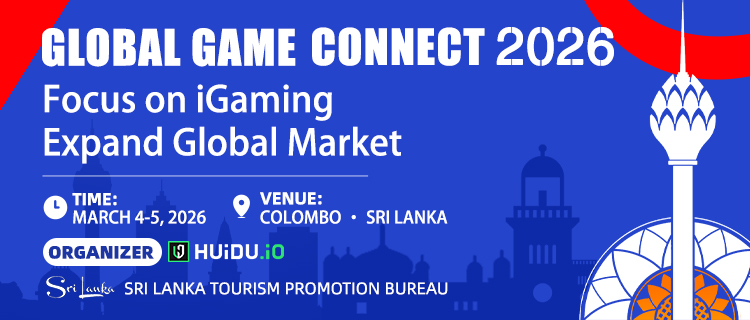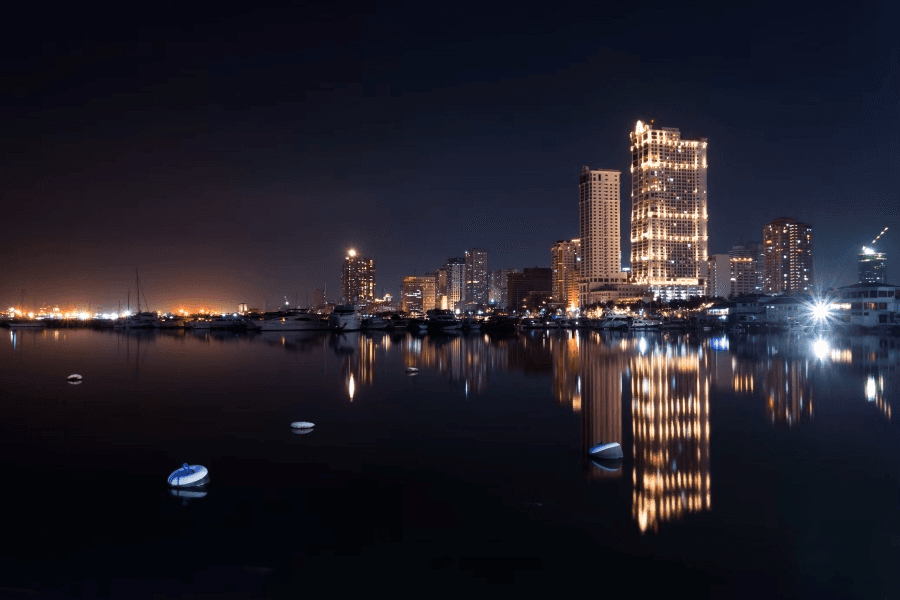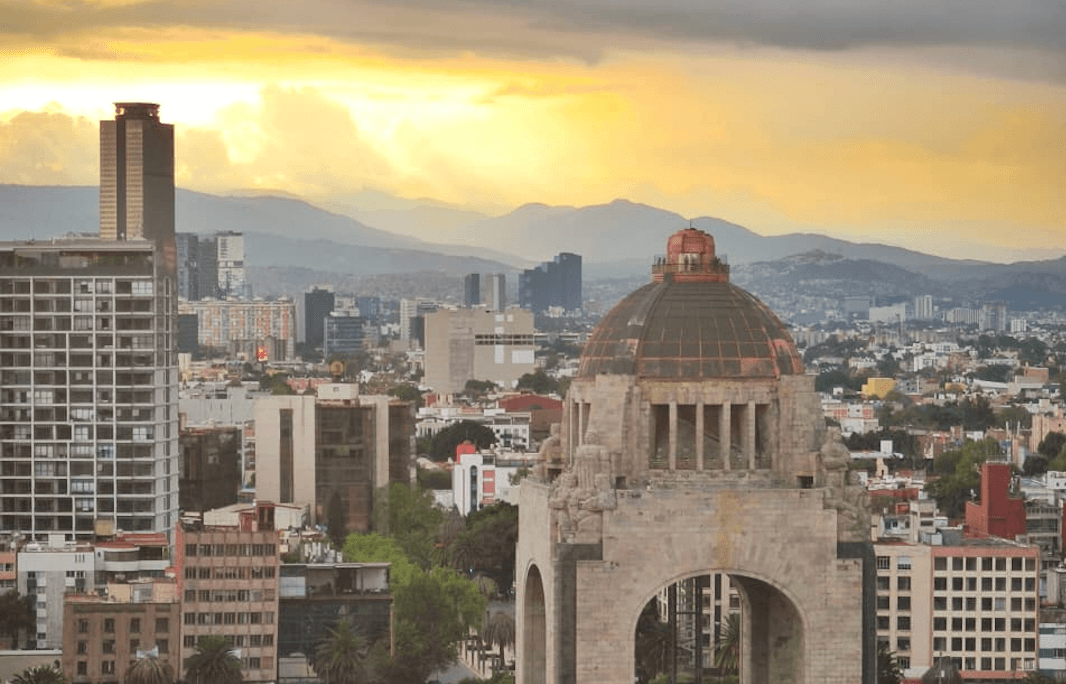
Background of the legal dispute
Ryan Crow is the owner of TCH, which runs six poker clubs in Texas, including two in Dallas. In order to operate as a private social club, the company’s financial strategy depends on charging membership and seat fees rather than keeping a cut of winnings. Under Texas law, this distinction is essential because it keeps TCH from being categorised as a gambling establishment.
In 2020, TCH was granted a permit to operate in Dallas. For a short time, poker players had access to a legal venue. However, city officials later claimed the permit had been issued in error and began efforts to revoke it.
Leading the opposition was Andrew Espinoza, Dallas’ chief building official. He argued that poker clubs like TCH still violated Texas gambling laws and pushed to cancel their certificates of occupancy, triggering a prolonged legal dispute.
The legal battle unfolds
Andrew Espinoza, Dallas’ chief building official, led the city’s efforts to challenge the legality of poker clubs, arguing that TCH operated outside the bounds of state law.
Despite Espinoza’s objections, the Dallas Board of Adjustment upheld TCH’s certificate of occupancy, supporting its right to continue operations. Although the city initially won in court, later appeals overturned that decision in favour of TCH, leading to a prolonged legal dispute.
Appeals and final decision
On 27 August 2024, the Fifth District Court of Appeals reversed a lower court ruling against TCH. Justice Bonnie Lee Goldstein stated that the trial court failed to give proper deference to the Dallas Board of Adjustment, which had reinstated the club’s certificate of occupancy. The appellate court found that the lower court wrongly replaced the Board’s judgement with its own, rather than assessing whether the Board had clearly abused its discretion.
In September 2025, the Texas Supreme Court declined to review the case. This procedural denial allowed the appellate court’s decision to stand without further comment, effectively ending the legal dispute in favour of Texas Card House. As a result, Texas Card House retained its legal right to operate.
The financial toll in Dallas
The Dallas Observer claims that by June 2023, the Dallas City Council had spent $370,000 on legal fees to assist Andrew Espinoza in his attempts to have Texas Card House and Shuffle 214’s occupancy certificates revoked. A further $70,000 was authorised that same month, raising the litigation’s estimated total cost to $690,000.
In the end, taxpayers paid for Dallas’ more than $500,000 legal appeal against TCH. Members of the city council, such as Omar Narvaez and Chad West, criticised the expense and said that regulation would have been a more sensible course of action than legal action. Several observers argued that regulating poker clubs could have provided revenue for the city while avoiding prolonged legal costs.
TCH’s victory and industry response
Crow described the court ruling as a significant legal win for poker operations in Texas. Doug Polk, professional poker player and co-owner of The Lodge Card Club, also supported the outcome, viewing it as a positive development for poker players across the state. Despite being a competitor, The Lodge contributed to efforts defending the legal status of poker clubs in Texas.
Rivalry turned partnership
In August 2024, The Lodge, co-owned by Doug Polk, Andrew Neeme, and Brad Owen, filed an amicus brief supporting TCH and the legal status of poker clubs in Texas. The brief stated that such clubs had operated for years with the awareness of local authorities and under provisions in Texas law that permit private games without rake. It also noted the economic contributions of poker clubs and warned that closures could lead to job losses and reduced local revenue.
Despite being a competitor, The Lodge viewed the case as a broader industry concern. Polk and his co-owners expressed support for the Texas Supreme Court’s decision not to hear Dallas’ appeal, which allowed the appellate court ruling in favour of TCH to stand. The outcome affirms, for now, the legality of the current business model used by poker clubs. It ensures continued access for players and offers some legal clarity for operators across the state.



 3Days ago
3Days ago















